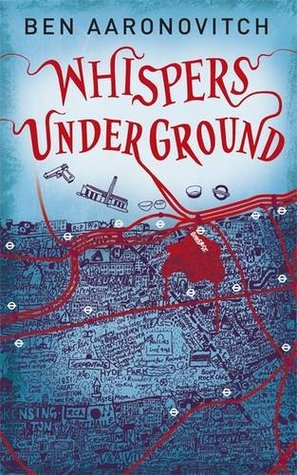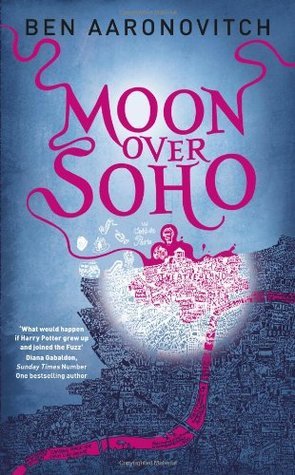Phew!
So that was 2012. 34 books, nearly 11,500 pages. Not close to my target of 50/20000 but I did beat 2011 so maybe that target was always going to be a bit of a stretch. In the end I am satisfied with that result.
I have got a list of all the same stats I gave last year (score on the old ‘6000 pages’ system was 81, highest since records began) but I don’t intend to bore you with them (I can bore in other ways see! 😉 ). However it is worth mentioning that I only read 146 out of a possible 366 of the days of last year. So Read-Every-Day? Hardly!
But what I discovered is that it’s hard to read consistently unless you have a regular slot for it and when “life” occurs and makes you feel like not doing anything very much picking up a book and trying to throw yourself into it can be just a little too much effort. I do think if/when I made the effort I was rewarded but it’s that initial barrier to entry.
Anyway I think this just confirms what I sort of know which is I am a ‘binge-reader’ – I’ll plough through a book either when it’s so gripping that I can’t put it down or because I finally want to finish it and get on to the next one.
Although, this year I started 8 books that I didn’t finish which feels high. I’ve put most of them back on the list to be read this year.
Looking over my list of books for the year they are, as usual, an eclectic mix. I’d thought this would be the year of series/sequels but apart from Rivers of London/Moon Over Soho and Darkside/Finders Keepers it wasn’t. I only read book 1 of the John Carter books and never got around to reading the Ringworld follow-ups or even the second Dirk Gently book. I suppose I’m not counting Discworld – which is a separate category of its own – where I did read four books.
Anyway, no detailed stats, instead let’s have the…
Longest Book: Tigana, Guy Gavriel Kay (678 pages). Relatively short for a longest book, no 800-900 page monsters this year (though I did start The Stand).
Shortest Book: The Courtyard, Alan Moore and Jacen Burrows . Based on my 4 graphic novel pages=1 regular page rule this weighed in at a measley 12 pages.
Favourite Book: I’ll have to give this equally to Rivers of London/Moon Over Soho, Ben Aaronovitch.
Worst Book: Bet You Can’t… Find Me, Linda Prather. Sadly showing the downside of indie self-publishing.
Best Find/Surprise: I’m tempted to give this to Rivers of London again but I’ll say The Shining, Stephen King instead. It was a great read and not at all what I expected i.e. it’s NOT LIKE THE MOVIE!
Biggest Disappointment: Has to be Finders Keepers, Belinda Bauer. Took all the goodwill from enjoying Darkside and frittered it away. Also retrospectively spoiled the ending of the first book (a little). Special mention to News from Gardenia, Robert Llewellyn because I’d set my expectations too high and it was less of a novel and more of an eco-polemic.
Books to Donate to Charity (or delete from the digital archive): I don’t think we have a winner in that category. Even Bet You Can’t… is worth keeping. If we redefine this as Books I’ll Never Re-read then it would make more sense but I’d also never be able to narrow it down.
Book it Took Me Longest to Finish: Wool, Hugh Howey at 43 days. Not really the book’s fault which was an OK read but the aforementioned ‘life’ occurred during this book. If I exclude Wool on that basis then the next highest is A Princess of Mars, Edgar Rice Burroughs at 29 days.
Quickest Read: The Courtyard took a day but was very short (and already has an award) so the award goes to Protector, Larry Niven which also took a day.
Most Satisfying Read: I think in that I’d previously given up on it and when I finally finished it turned out to be enjoyable I’d have to say The Book Thief, Markus Zusak was the biggest achievement.
Book with the Most Anal Sex: I have to admit that I can’t think of any anal sex in any of the books I’ve read this year. A Quiet Belief in Angels, R.J. Ellory concerns sex crimes but I don’t think the physical specifics of the rapes is mentioned. I really don’t have the heart to look it up.
 So, I’ve been looking forward to this book for some time. It’s one of Melissa’s favourite books and she’s not the only one to tell me that it’s one of the best Discworld novels.
So, I’ve been looking forward to this book for some time. It’s one of Melissa’s favourite books and she’s not the only one to tell me that it’s one of the best Discworld novels.







